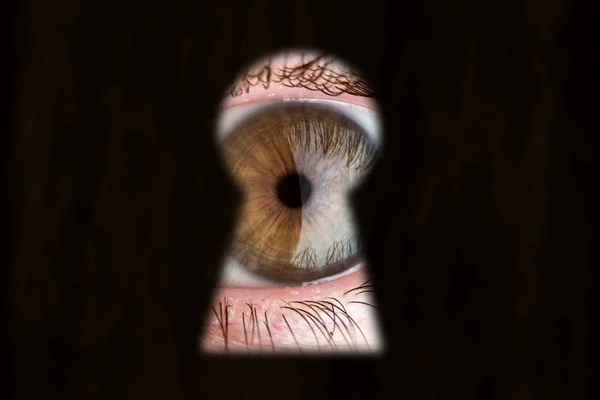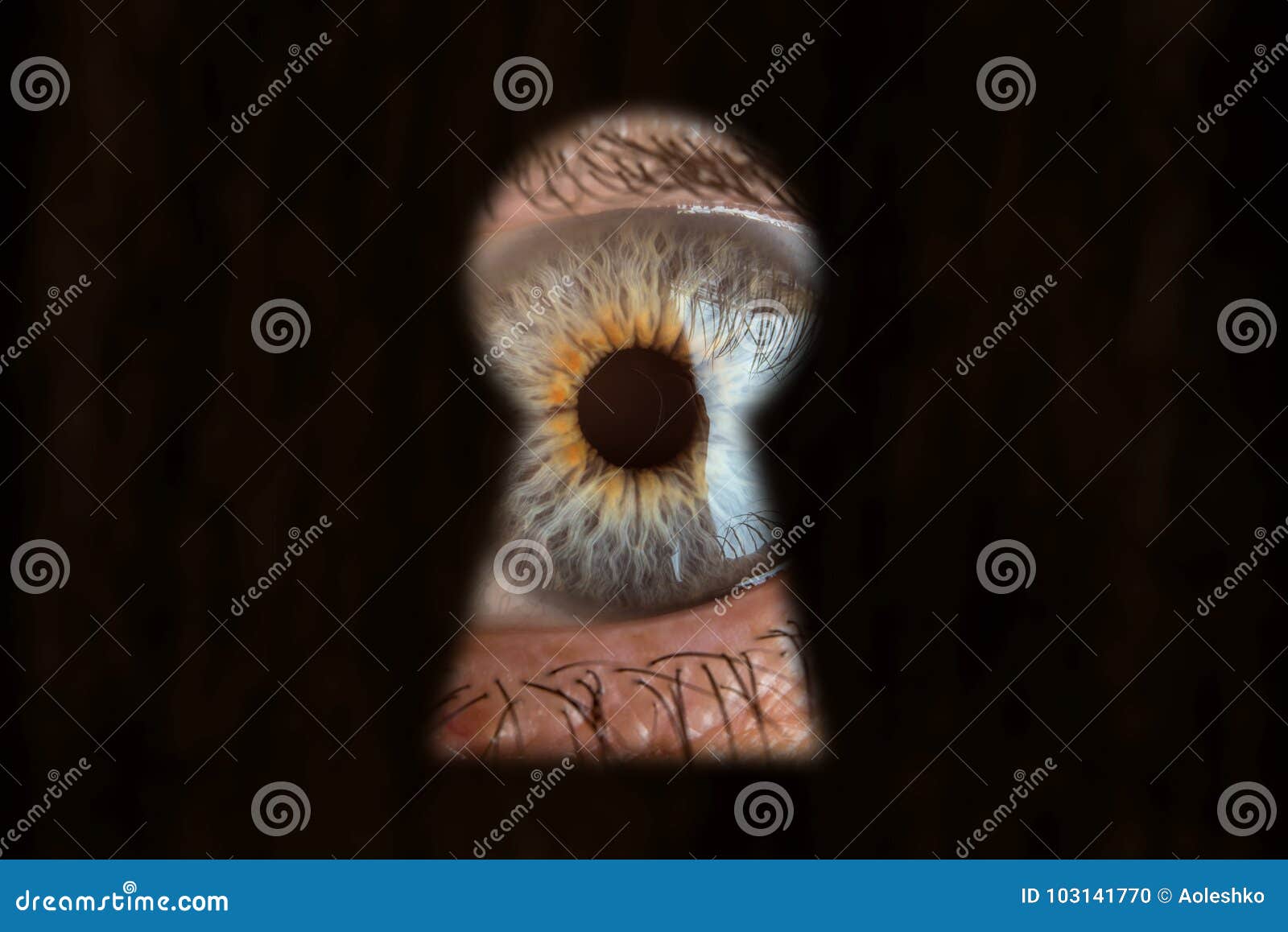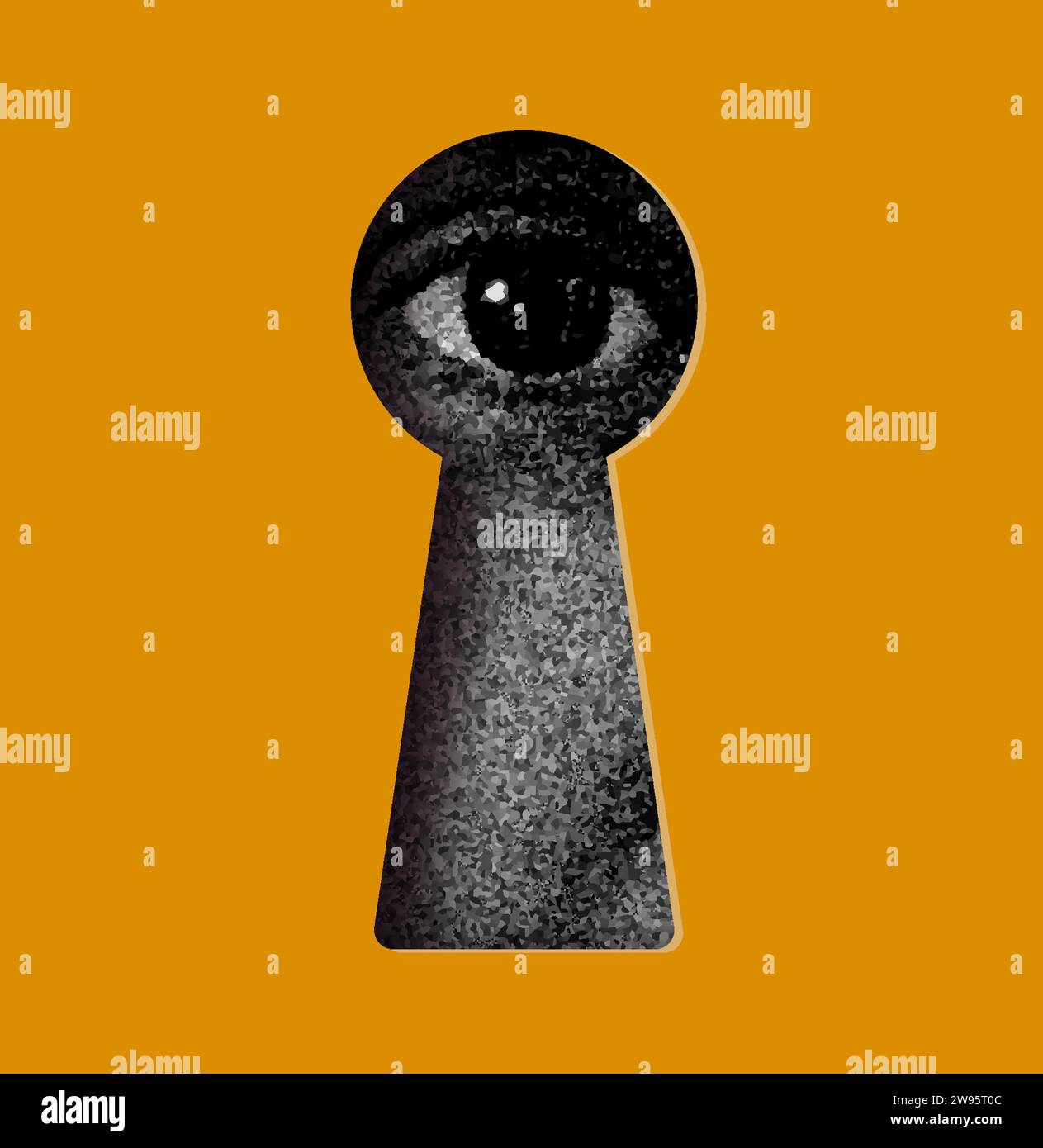Via the Keyhole: A UK Perspective on Voyeurism, Privateness, and the Media
Associated Articles: Via the Keyhole: A UK Perspective on Voyeurism, Privateness, and the Media
Introduction
On this auspicious event, we’re delighted to delve into the intriguing subject associated to Via the Keyhole: A UK Perspective on Voyeurism, Privateness, and the Media. Let’s weave attention-grabbing info and provide contemporary views to the readers.
Desk of Content material
Via the Keyhole: A UK Perspective on Voyeurism, Privateness, and the Media

The UK, a nation steeped in custom but always evolving, gives an interesting lens by means of which to look at the complicated relationship between voyeurism, privateness, and the media. "Via the keyhole," a phrase evoking clandestine commentary and the violation of non-public area, resonates deeply throughout the British cultural panorama, manifesting in numerous kinds, from tabloid journalism’s relentless pursuit of celeb secrets and techniques to the delicate pervasiveness of actuality tv and social media. This text will discover the multifaceted nature of this phenomenon within the UK, analyzing its moral implications, authorized frameworks, and the evolving societal attitudes in the direction of privateness within the digital age.
The Tabloid Custom: A Legacy of Intrusion
The UK’s tabloid press has a protracted and controversial historical past of pushing the boundaries of acceptable journalistic observe. Usually characterised by sensationalism and a concentrate on the non-public lives of public figures, tabloids have cultivated a tradition of "by means of the keyhole" reporting, usually using aggressive techniques to acquire info. The pursuit of celeb scoops, continuously involving paparazzi and personal investigators, has led to quite a few authorized battles and moral debates. The tragic demise of Princess Diana in 1997, considerably fueled by paparazzi pursuit, serves as a stark reminder of the possibly devastating penalties of such invasive journalism.
The Leveson Inquiry, launched in 2011 following the phone-hacking scandal involving the Information of the World, shone a harsh mild on the unethical practices prevalent inside sections of the British press. The inquiry uncovered a tradition of cellphone hacking, bribery, and intimidation, revealing a deep-seated disregard for particular person privateness and the rule of legislation. The ensuing suggestions led to the institution of the Unbiased Press Requirements Organisation (IPSO), aiming to enhance journalistic requirements and supply a mechanism for redress for these whose privateness has been violated. Nonetheless, the effectiveness of IPSO stays a topic of ongoing debate, with considerations persisting concerning the energy and affect of the press.
Actuality TV: The Consent Conundrum
Actuality tv, a staple of British broadcasting, presents a extra nuanced perspective on the "by means of the keyhole" phenomenon. Whereas members ostensibly consent to being filmed and their lives documented, the extent and nature of that consent are sometimes debated. The modifying course of, the strain to create compelling narratives, and the potential for manipulation elevate moral questions concerning the authenticity and equity of illustration. Exhibits usually characteristic intimate moments and private struggles, blurring the traces between public efficiency and real non-public expertise.
Moreover, the long-term psychological results on members are continuously neglected. The extraordinary scrutiny and potential for public ridicule can have a profound affect on psychological well being and wellbeing. The road between leisure and exploitation turns into more and more blurred, prompting ongoing discussions concerning the duties of broadcasters and the moral concerns surrounding the manufacturing and broadcasting of actuality TV.
Social Media: The Panopticon of the twenty first Century
The rise of social media has basically altered the panorama of privateness and voyeurism within the UK. Platforms like Fb, Instagram, and Twitter encourage self-disclosure and the sharing of non-public info, making a digital area the place the boundaries between private and non-private grow to be more and more porous. Whereas people could select to share elements of their lives on-line, the potential for unintended penalties, resembling cyberbullying, on-line harassment, and the misuse of non-public information, stays important.
The "by means of the keyhole" side of social media manifests in numerous methods. The power to look at others’ lives by means of their curated on-line personas, to observe their actions and interactions, fosters a way of voyeuristic engagement. Moreover, the proliferation of surveillance applied sciences, together with facial recognition and placement monitoring, raises considerations concerning the extent to which people are being noticed and monitored with out their full information or consent. The UK’s information safety legal guidelines, together with the Normal Knowledge Safety Regulation (GDPR), intention to handle these considerations, however the fast tempo of technological growth presents ongoing challenges.
Authorized Frameworks and Moral Concerns
The UK authorized system gives some safety towards invasions of privateness, though the legislation is continually evolving to handle the challenges posed by new applied sciences and media practices. The Human Rights Act 1998 protects the correct to respect for personal and household life, whereas the Knowledge Safety Act 2018, aligned with GDPR, regulates the processing of non-public information. Nonetheless, the appliance of those legal guidelines within the context of media reporting and social media exercise stays complicated and sometimes contested.
The idea of "affordable expectation of privateness" performs an important position in figuring out whether or not a violation has occurred. This includes contemplating components resembling the situation, the character of the exercise, and the person’s public profile. The courts have persistently grappled with balancing the correct to privateness with the liberty of expression, resulting in a nuanced and sometimes unpredictable authorized panorama.
Evolving Societal Attitudes
Societal attitudes in the direction of privateness and voyeurism within the UK are always shifting. The youthful era, having grown up within the digital age, could have a special understanding of privateness than older generations. The normalization of self-disclosure on social media and the acceptance of actuality tv have arguably contributed to a extra relaxed strategy to privateness in sure contexts.
Nonetheless, this doesn’t indicate an entire erosion of privateness considerations. There’s a rising consciousness of the potential dangers related to information assortment and on-line surveillance. Public discourse surrounding information breaches, on-line harassment, and the misuse of non-public info displays a unbroken concern concerning the safety of privateness within the digital age.
Conclusion: A Persevering with Dialogue
The "by means of the keyhole" phenomenon within the UK is a multifaceted problem with no straightforward solutions. The interaction between the tabloid press, actuality tv, social media, and the authorized framework creates a dynamic and evolving panorama. Whereas the pursuit of celeb gossip and the attract of actuality TV proceed to gasoline public curiosity, the moral implications and potential hurt related to invasions of privateness have to be rigorously thought-about. The continuing dialogue surrounding privateness, information safety, and accountable media practices is essential in making certain a stability between freedom of expression and the basic proper to privateness within the UK. As know-how continues to advance, this dialogue should adapt and evolve to fulfill the challenges of a always altering world. The way forward for privateness within the UK will depend upon a collective dedication to safeguarding particular person rights and fostering a accountable media setting.








Closure
Thus, we hope this text has supplied invaluable insights into Via the Keyhole: A UK Perspective on Voyeurism, Privateness, and the Media. We recognize your consideration to our article. See you in our subsequent article!